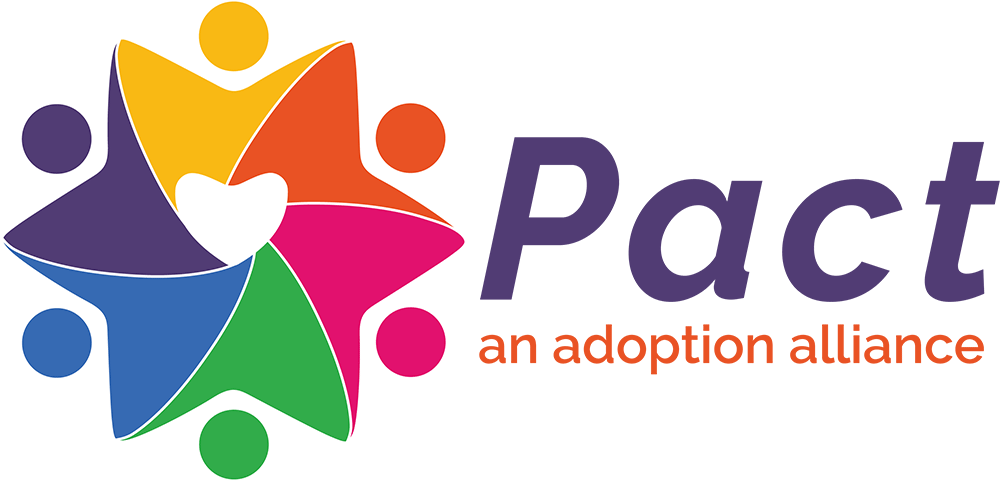Book Review
In Their Parents’ Voices: Reflections on Raising Transracial Adoptees
by Rita J. Simon and Rhonda M. Roorda
Reviewed by Mollie McLeod
2007
Too often, the imagery associated with adoptive parenting is focused upon childhood. The reality is that parent-child relationships, if we are lucky, last a lifetime. This means that we will spend more time knowing our children as adults than we will immersed in early childhood and the turbulent teen years.
In Their Parents’ Voices: Reflections on Raising Transracial Adoptees (2007, Columbia University Press) provides an opportunity for white adults raising children of color to learn from those who are further along the path of adoptive parenting. This follow-up book by Rita J. Simon and Rhonda M. Roorda contains interviews with parents who agreed to speak after their sons’ and daughters’ views of transracial adoption were published in the book In Their Own Voices: Transracial Adoptees Tell Their Own Stories.
The parents interviewed in this book all express love for their children and continue to be present in their lives. They represent a variety of parents’ decisions about where to raise their children, opinions about the importance of race in identity development, and religious convictions. The authors organized each chapter with a brief biographical description of the parents – names, ages at the time of the interviews, number of biological and adopted children, home community, religious affiliation, educational background and economic status. This information is juxtaposed next to a quote from their daughter or son. I found myself reading the young adult’s quote and making guesses about how the parents would answer the interview questions.
Adoption and racial differences among family members add layers of complexity to the already challenging aspects of identity formation in the teen and young adult years. One of the biggest differences in parenting styles I noticed among those interviewed was whether or not they talked to one another about the tough stuff.
Some of the parents knew what was on the minds and hearts of the young men and women who joined their families as infants. The lines of communication remained opened from childhood through the transition to adulthood. Others did not learn about the challenges their children faced forming their black or biracial identity until they read the first book. I do not believe it was coincidence that the adoptees who seemed to struggle most with their racial identity were raised by white adoptive parents who expressed a belief that love and stability was enough.
How did parents navigate the challenges they faced? What regrets do they have, if any? What were the hardest parts of parenting? How did white adoptive parents’ views on race and racism affect the identify formation of the children who joined their families through transracial adoption? These and many other questions are explored in the interview process.
I noticed connections between the parents’ descriptions of the way they raised their children and the young adults’ self-image. It does make a positive difference if we come to the adoptive parent-child relationship with existing connections with people who look like our children. Adoptive parents can learn hair and skin care techniques so that our daughters and sons feel proud of their appearance and gain competency in caring for their own grooming and hygiene as they grow up.
I enjoyed reading parent Kathy Stapert’s words as she shared her passion about supporting her children in discovering their talents: “Jim and I are not athletic people, but our kids may well be, they may well have that within them… They may have great musical talent… We’ve had strings, we’ve had drums, we had clarinets, so you bring all that in because maybe that is an area they might excel in… We have some daughters that are drama queens, and I am not kidding. And granddaughters who are already beginning to find their interests, and you hope they’ll find it.”
The authors explore what happens to the connections between parents and adult children after they have moved out. Marriage, divorce, childbirth, new jobs, domestic violence, substance abuse, professional success and challenges, moving away and moving back home – all of these topics are explored. The authors also provide an update on the lives of the transracially adopted adults during the intervening years between their interviews and the interviews of their parents.
Parents’ perspectives on milestones in the lives of their children reveal aspects of their changing relationships. The men and women interviewed in this book give those of us whom are in earlier stages of our own parenting journey a glimpse into the future along the path we are traveling as adoptive parents. They adopted in the 1960’s. Consider the differences in the times. The Internet did not exist. You couldn’t simply click and order books that reflect the variety of parenting and adoption experiences. Immersion experiences like Pact Family Camp were not available. Now, prospective and current adoptive parents can conduct a self-assessment and prepare an action plan with Pact consultants. All of this is to point out that adoptive parents today have many more options for self-education. Nevertheless, we share many of the same joys and struggles as the adoptive parents in the book. If you are a transracial adoptive parent who wants greater insight into your own decisions through reading about others’ experiences, I highly recommend this book.
Mollie McLeod is the white adoptive mom of two Black sons. Her family was active in Pact programming for many years; she also served on the board of FAIR (Families Adopting in Response).
